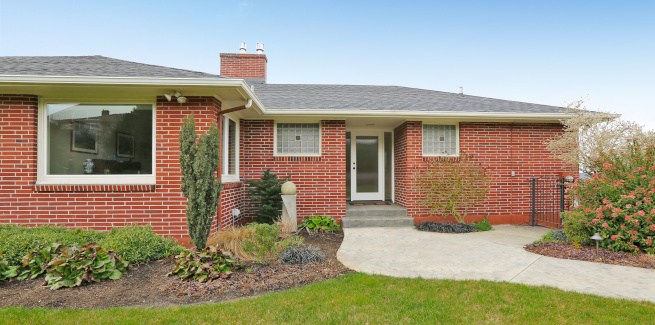A new survey by the Housing Industry Association (HIA) found that while 92 per cent of renters dream of owning their own home, only 49 per cent feel it’s achievable.
HIA chief economist Tim Reardon said: “The Great Australian dream of owning a home is still embedded in the psyche of Australians.”
He explained that this is because Australians see home ownership as important to achieving financial stability in retirement, as communicated by 80 per cent of survey respondents, with 71 per cent concerned they will face financial challenges in retirement if they are unable to achieve home ownership.
According to the association’s survey, 75 per cent of Australians feel that purchasing a home now is more difficult than it was a decade ago, while 59 per cent expect it to would get even more difficult in another 10 years.
In fact, 73 per cent of respondents believe only the wealthy will be able to afford to purchase a home in an area they aspire to live in. Mr Reardon noted that 71 per cent of survey participants expressed their belief that the government has a role to play in assisting first home buyers overcome what is considered “the biggest barrier to home ownership” – the initial deposit.
Research by RateCity.com.au, released in September last year, found that first-home buyers looking for a median-priced apartment in Sydney ($740,093) may need to save for nine years and six months if they put away $200 per week, or five years if they set aside $400 per week. This is assuming they are required to save $109,171 to cover the 10 per cent deposit, plus lenders mortgage insurance and stamp duty.
In Melbourne, it could take six years and three months for first home buyers putting away $200 a week to afford a median-priced apartment in Melbourne ($566,148), or if they set aside $400 a week, they could have a deposit together ($69,048) in three years and three months, according to RateCity.com.au’s research.
“The importance of home ownership for financial security makes housing affordability a top three issue to Australians at the next election after the cost of living and ‘health and ageing’ and ahead of immigration and the environment,” the HIA chief economist said.
“With a federal election imminent, it is important to recognise that 71 per cent of people believe governments have an important role in helping Australians achieve their dream.”
According to the HIA survey, 65 per cent of Australians hold the view that young or first home buyers should be given more flexibility – for example, in mortgage or initial deposit-making rules – to help them get their foot into the property market.
In its 2019–20 pre-budget submission to the federal government, the Real Estate Institute of Australia renewed its call for an expansion of the First-Home Super Saver Scheme (FHSSS), which enables individuals to contribute a total of $30,000 (and a maximum of $15,000 a year within existing caps) into their superannuation in a bid to assist them in saving for a deposit for their first home.
The REIA said that the scheme does not go far enough in addressing the “acute issue” of housing affordability, with the FHSSS limiting access to withdraw voluntary contributions made to super after 1 July 2017 for a home deposit.
As such, the institute recommended that the government allow access to voluntary contributions to superannuation funds made prior to 1 July 2017, saying that it would help prospective buyers to “save for a deposit faster”.
[Related: Government urged to enhance FHB scheme]
 ;
;
